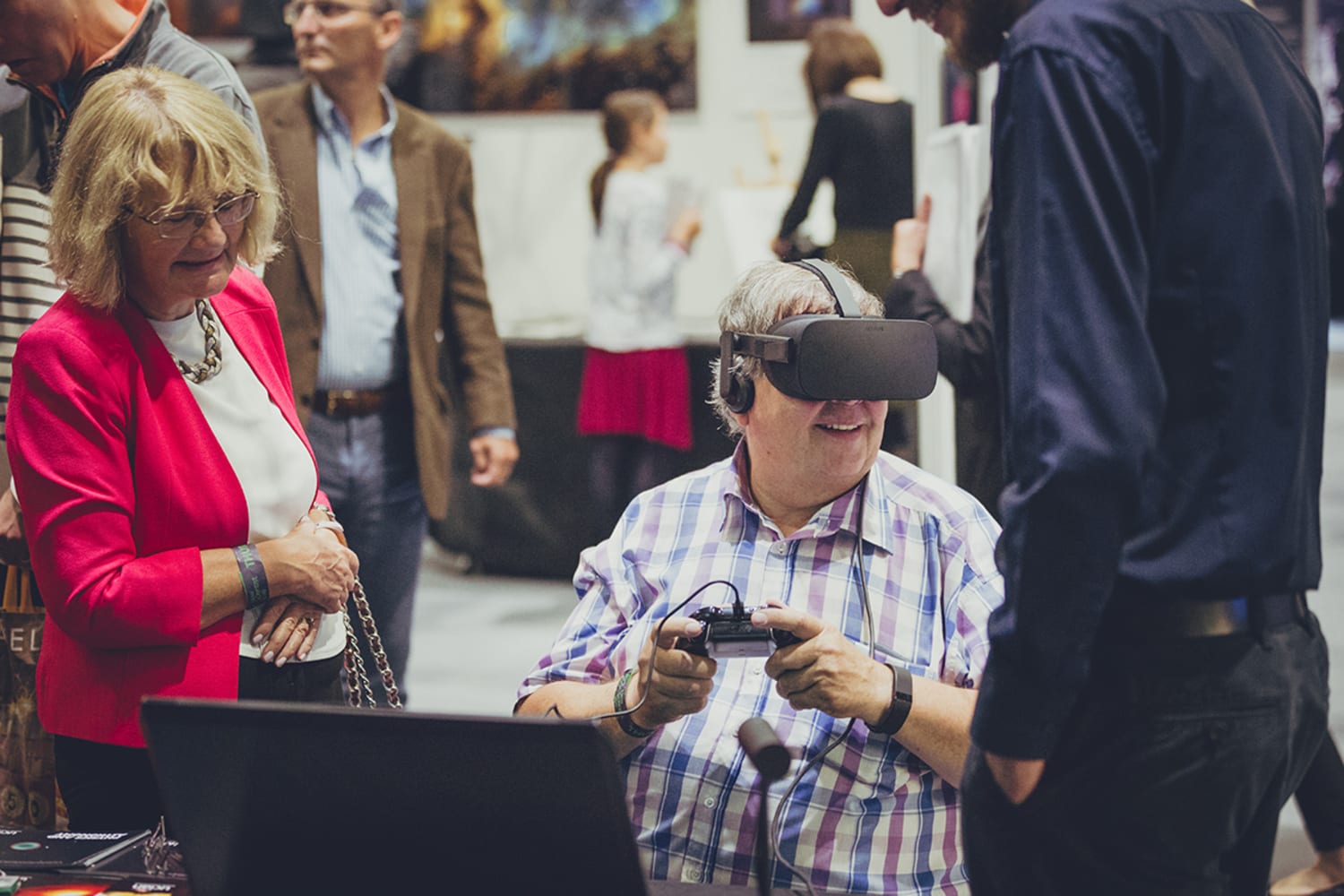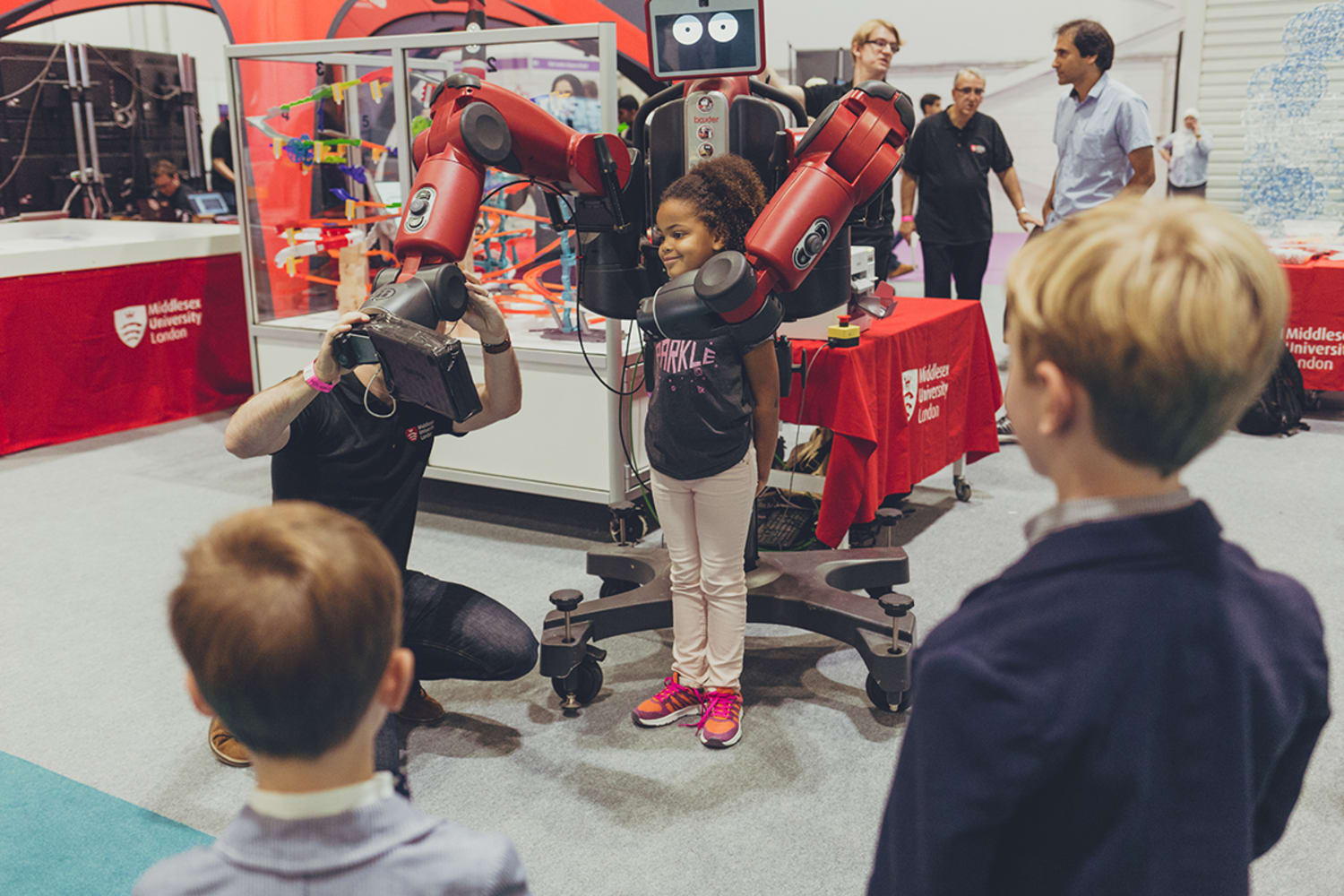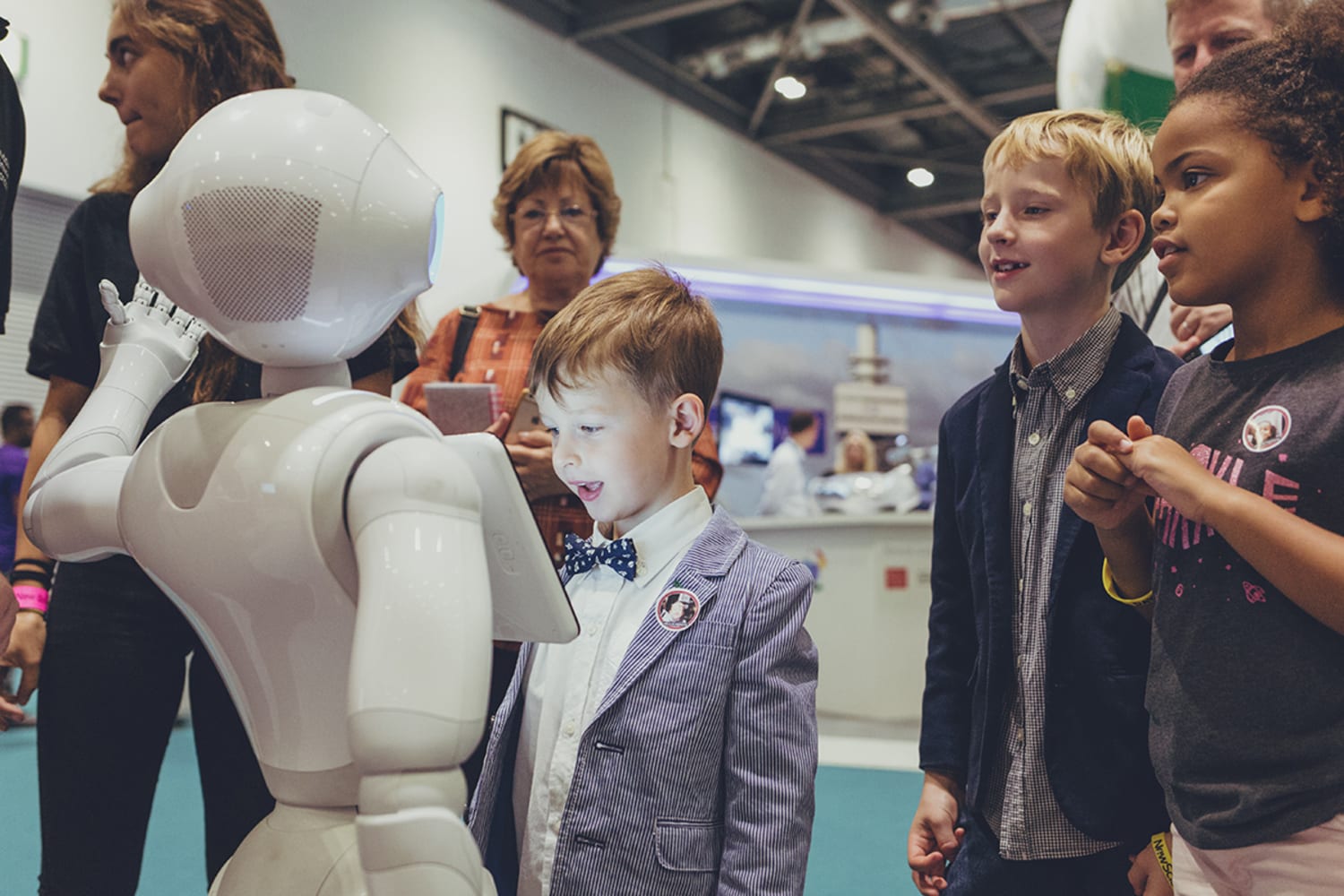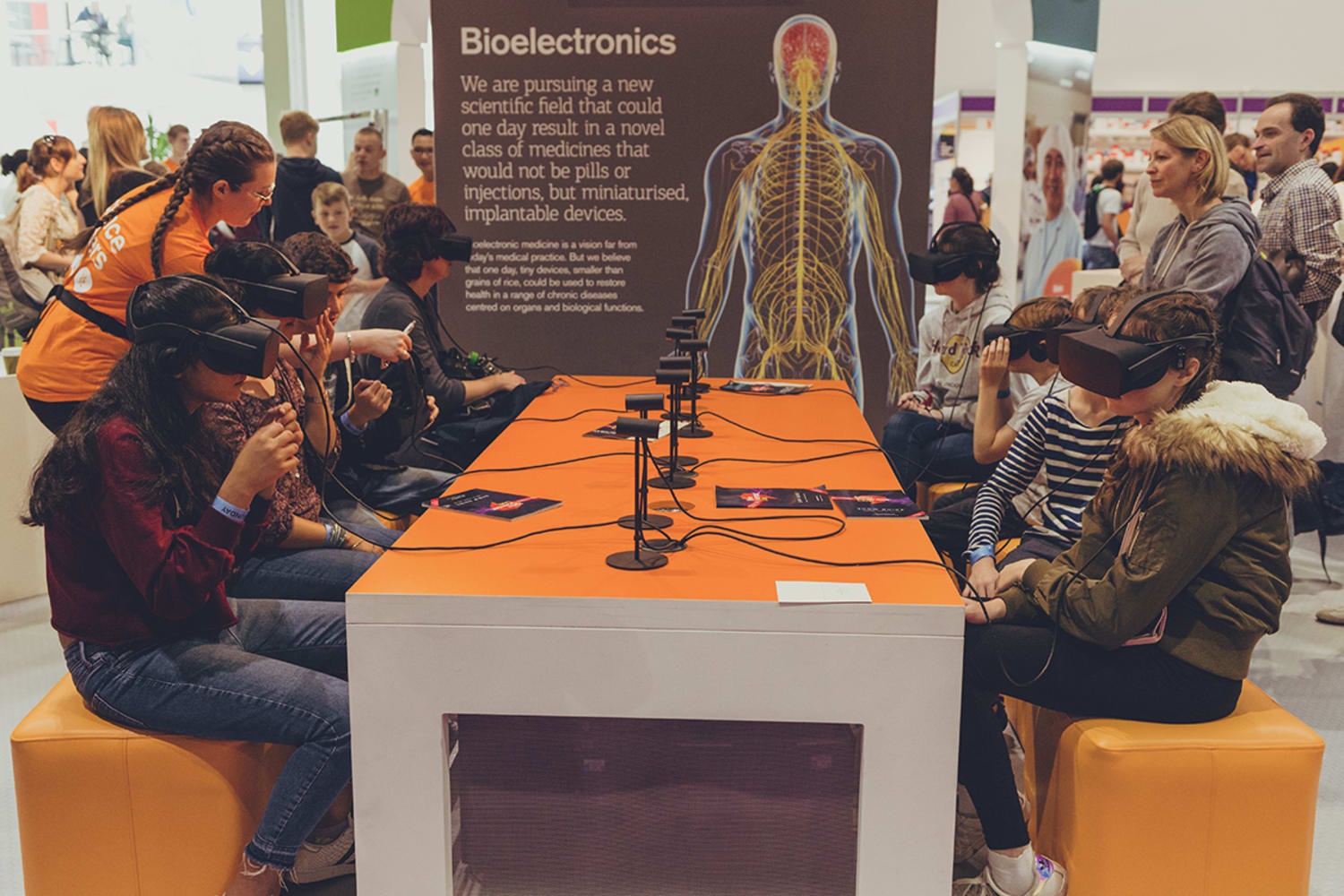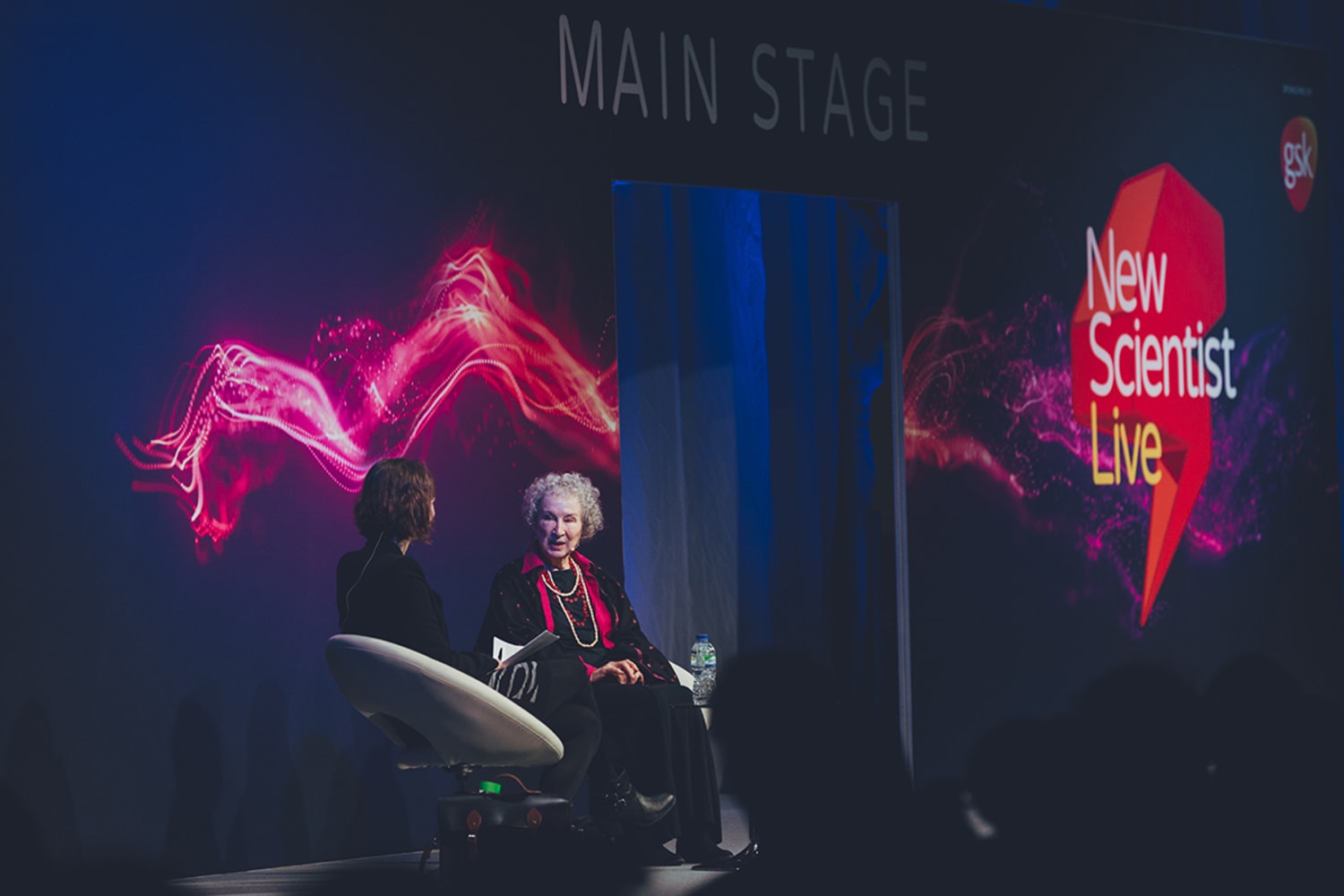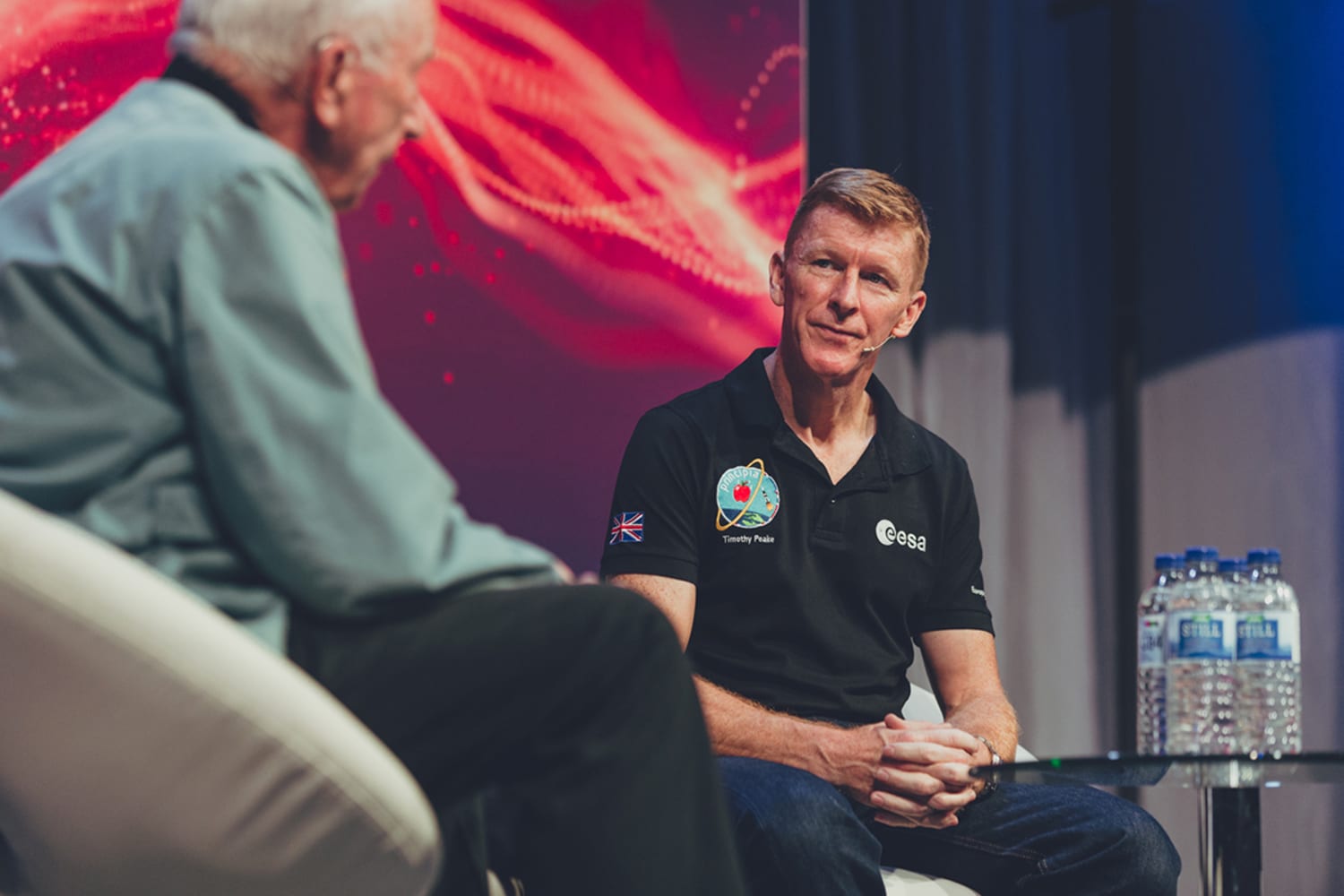From September 28th to October 1st, the ExCel convention center in London hosted this year’s New Scientist Live festival. The four-day event featured exhibitors and high-profile speakers discussing everything from colonizing space to tackling mental health.
With mental health awareness at an all-time high, many speakers considered the role science can play in both treating and preventing these conditions. Neuroscientist and psychologist Robin Carhart-Harris discussed the rationale for conducting the first-ever clinical trial of magic mushrooms as a treatment for depression. In the talk, Robin detailed how the drug worked as well as the after-effects of the treatment.
Rosalind Picard, founder and director of the Affective Computing research group at the MIT Media Lab, discussed her ongoing SNAPSHOT study, which considers how daily behaviors and social connectivity can affect sleep, mood, stress, and academic performance. Using data from 170 college participants, the company are developing models to predict, and hopefully prevent, onsets of sadness and stress. “Affective computing is not about making the best machine in the world,” says Picard, “It’s about making people’s lives better.”

